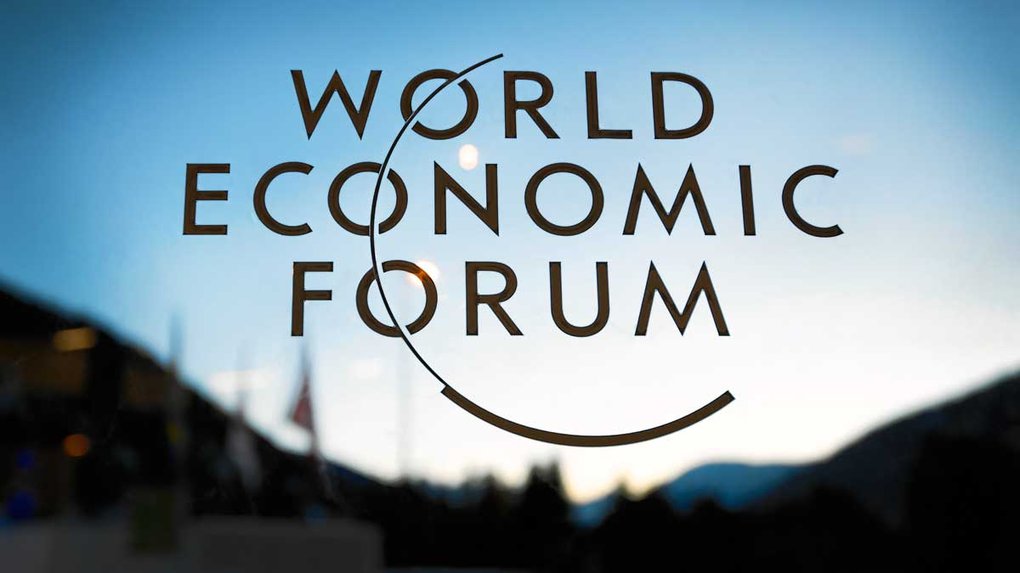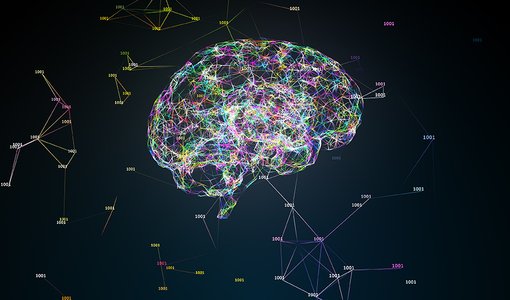Knowlege base
Quicklinks
Follow us!
Latest articles
 22.06.2023, 11:31Knowledge ≠ Skills ≠ Experience – or why a consistent distinction between these terms is more important than ever.
22.06.2023, 11:31Knowledge ≠ Skills ≠ Experience – or why a consistent distinction between these terms is more important than ever. 22.06.2023, 11:31AI, automation, and the future of work – beyond the usual bubbles
22.06.2023, 11:31AI, automation, and the future of work – beyond the usual bubbles 28.04.2023, 18:17Big corporations: a quarter of a million want to leave
28.04.2023, 18:17Big corporations: a quarter of a million want to leave 28.04.2023, 18:09Old news, current problem: over-qualified graduates in the UK
28.04.2023, 18:09Old news, current problem: over-qualified graduates in the UK 28.04.2023, 16:44The World Economic Forum on the future of jobs
28.04.2023, 16:44The World Economic Forum on the future of jobs
Stay tuned!
The JANZZ.jobs newsletter will keep you regularly updated about exciting new features and news.
Subscribe
Save 50%
Save 50% on your next subscription! Simply enter code XXXXX in the registration process.
Join now













